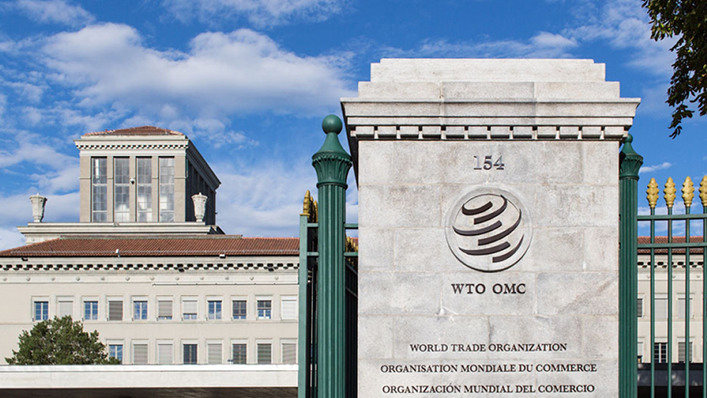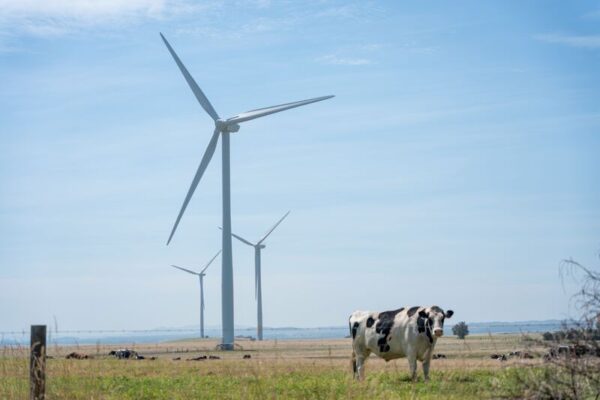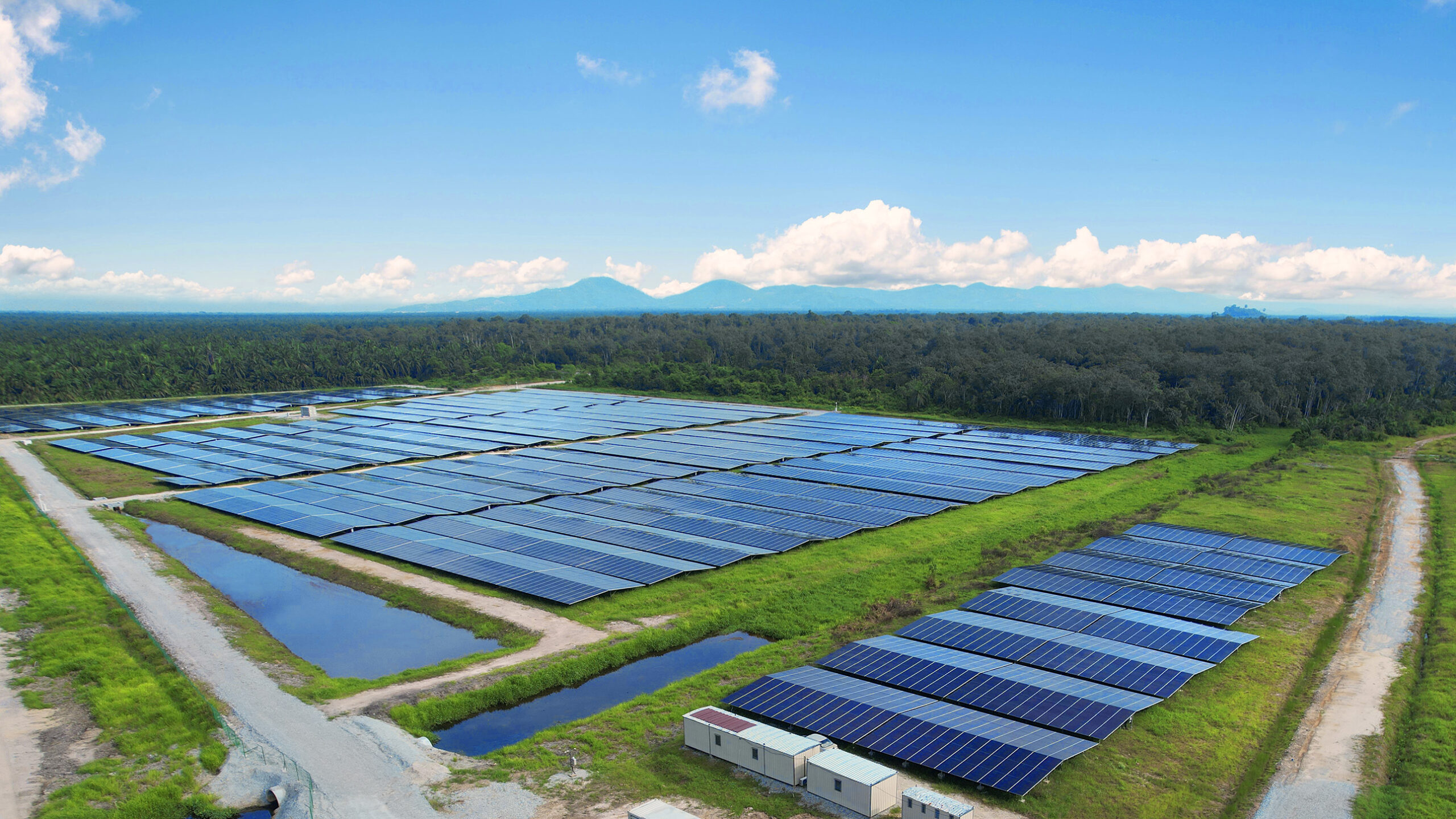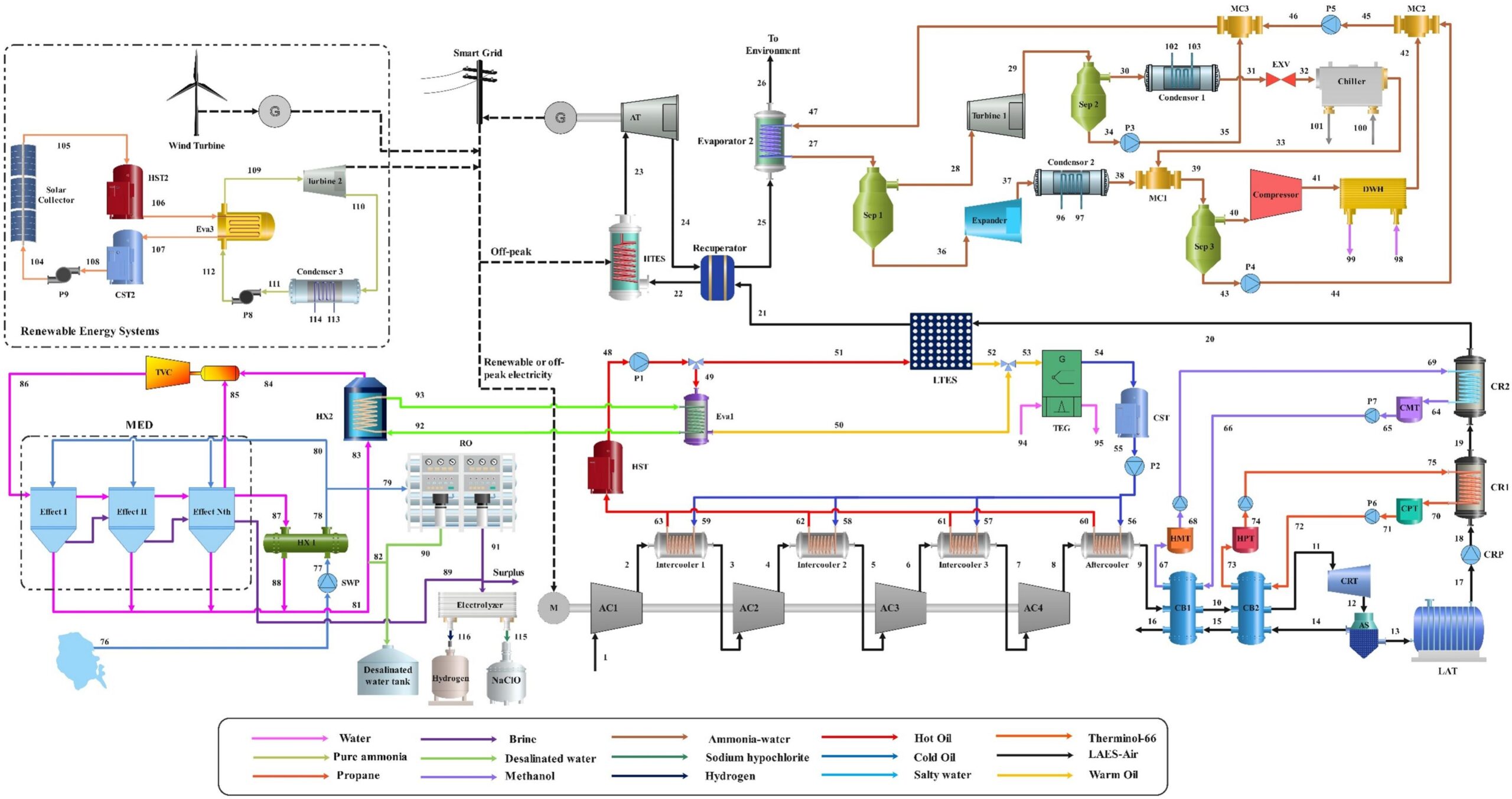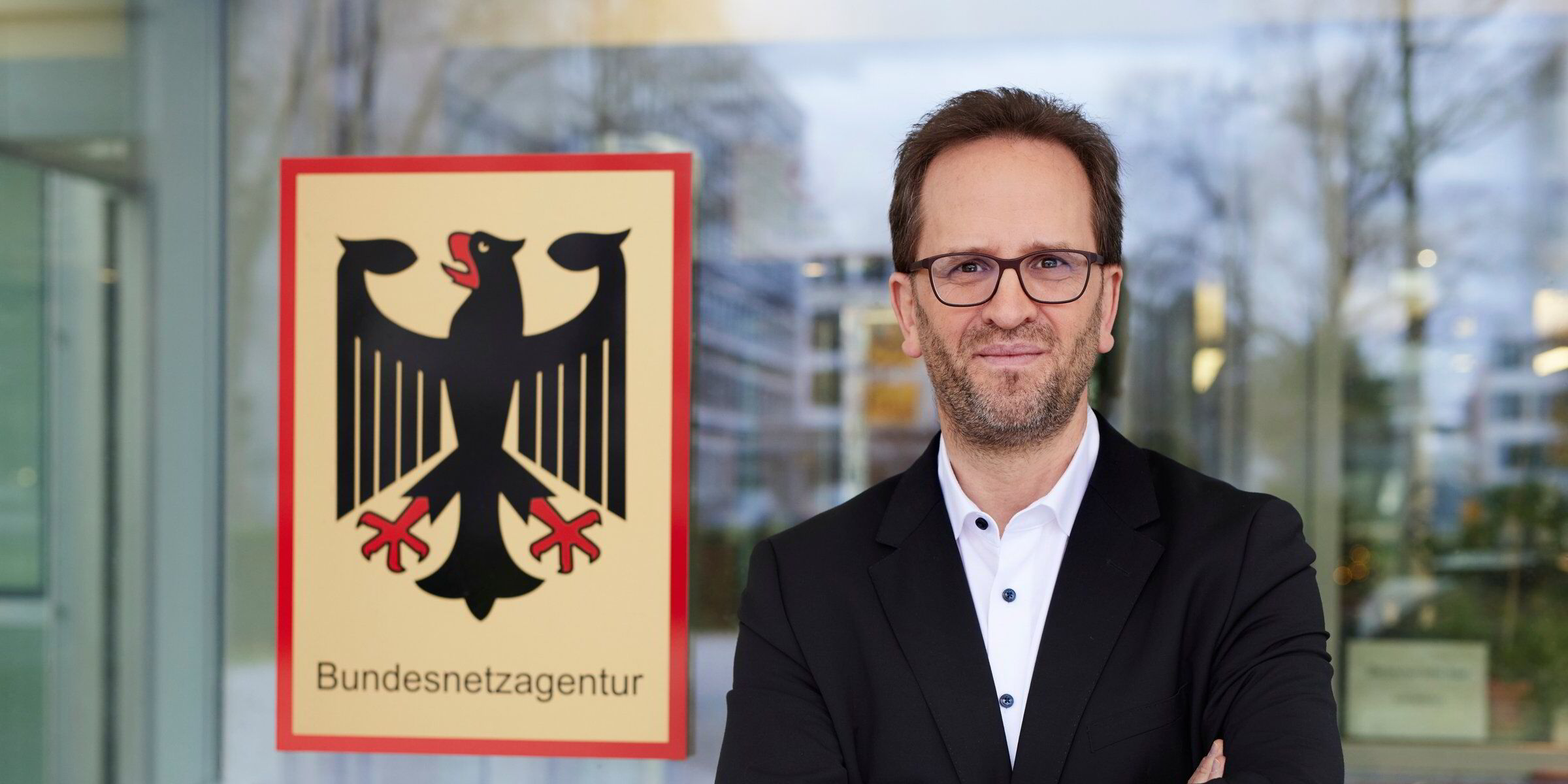Anellotech and R Plus Japan announce commercialization phase of Plas-TCat tech
In what is described as a "major advancement for chemical recycling and circular economy solutions", R Plus Japan Ltd (RPJ), a consortium of leading Japanese companies committed to solving global plastic waste challenges through innovation and international collaboration and Anellotech, Inc. (Anellotech) have announced that Plas-TCat, an innovative catalytic cracking technology that transforms mixed plastic waste directly into the base chemicals used to produce new plastics, is moving toward its commercialization phase.

The technology has been successfully vetted through over 2,000 hours of plant operation at Anellotech’s 200,000 kg/year TCat-8 semi-commercial facility in Silsbee, Texas, United States.
Technip Energies supported the recent milestone, leading to the completion of a site-neutral Plas-TCat Process Design Package, and marks the culmination of a successful joint development effort between RPJ and Anellotech that began in 2020.
Together, RPJ and Anellotech have shown that it’s possible to deliver a scalable, next-generation solution that truly advances circularity for plastic waste. This milestone highlights the strength of cross-national collaboration in addressing global sustainability challenges. We’re excited to begin the path to commercialization in Japan and beyond, said Atsushi Ohtake, CEO of R Plus Japan.
Plant trials at TCat-8 demonstrated the operational robustness, scalability, and on-stream performance of Plas-TCat.
The technology uses a proven catalytic system to convert unsorted and untreated plastic waste – including PE, PP, PET, PS, PU, PC, ABS, and nylon – into high-value light olefins and aromatics, such as benzene, toluene, xylene (BTX), ethylene, and propylene, amongst other products to support the circular economy.
Future plants may have pretreatment units to address halogenated feedstocks.
Our painstaking development program tackled the well-known challenges of recycling real-world plastic waste. At Anellotech, ‘mixed plastic waste’ does not mean mixing different colors of pure polyolefins. We combined and tested feedstocks sourced from US waste management firms to mirror the composition of aggregated plastic waste found in most countries. Included are rigid and flexible plastics, with typical fillers like calcium carbonate and fiberglass. To further simulate realistic conditions, we added extra paper waste as well. Throughout this, our HSE staff ensured the process was safe, practical, and aligned with chemical industry best practices, said Dave Sudolsky, CEO at Anellotech.
According to Anellotech, Plas-TCat offers a “compelling and cost-effective pathway to circular plastics”.
Although commercial plant discussions are now underway with “motivated feedstock, offtake, and operating partners”, both organizations welcome “inquiries from parties interested in scaling this next-generation solution to support sustainable, global plastic waste management.”
What's Your Reaction?










